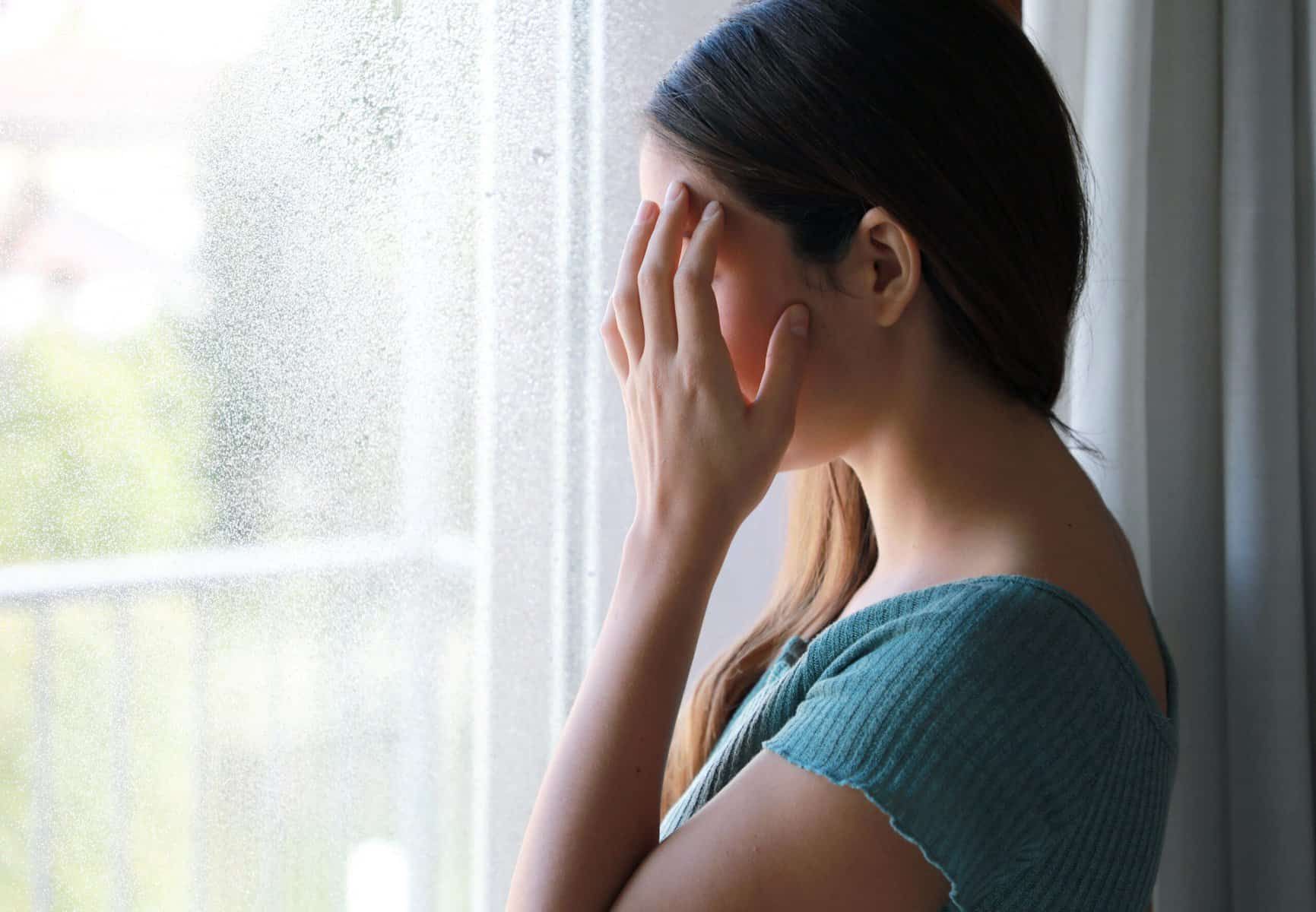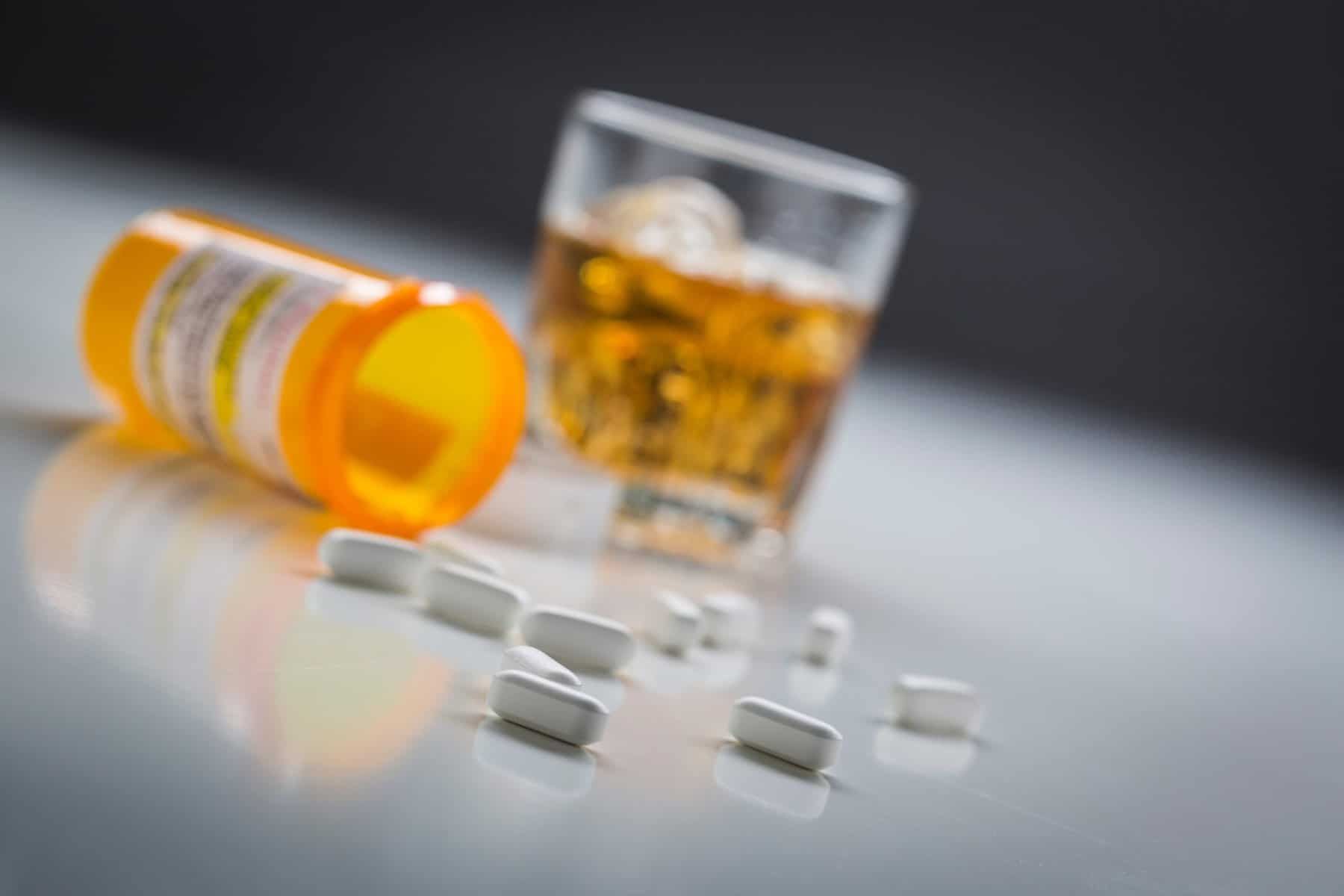How to Avoid Using Substances to Cope With Seasonal Affective Disorder
Recovery from substance abuse is challenging at any time of year, but it can be especially discouraging during the long winter months. We often forget just how much impact natural light has on our overall mood until the days become shorter and cloudiness is the new norm. Increased feelings of sadness during this season are such a common phenomenon that it has a name: seasonal affective disorder (SAD).
Those in recovery from substance abuse may already have depression. Seasonal depression, on top of that, can potentially increase the risk of relapse. Fortunately, support is out there. Learning about healthy resources can help you cultivate healthy coping strategies that don’t involve alcohol or drugs.
What Is Seasonal Affective Disorder?
SAD functions similarly to clinical depression. The symptoms – pervasive feelings of sadness, hopelessness, and lack of energy for longer than two weeks – can overlap. For most people, the onset of symptoms happens during autumn and worsens after Daylight Savings time, when the days contain less sunlight. Symptoms can naturally dissolve on their own come spring, but the months leading up to that change in season can feel long and begrudging.
Other symptoms of SAD include losing interest in activities you once enjoyed, disrupted sleep, and sometimes suicidal thoughts. People in recovery from addiction may experience an increased temptation to use substances during this period.
The Link Between Seasonal Affective Disorder and Substance Abuse
It’s quite common for people experiencing addiction to have a co-occurring mental health disorder. The most common mental health disorders include anxiety and depression, which can be an underlying cause of substance use as a means of “escaping” negative emotions. Using substances as a coping mechanism for depression can train the brain to rely on those chemicals to feel better, altering the pleasure center to lose interest in other activities. When the effects wear off, it will require higher amounts of drugs or alcohol to reach that place of pleasure again. This is how addiction develops.
SAD and substance abuse can go hand in hand, though they do not have to. While the correlation between SAD and substance abuse exists, there is no definitive proof that one causes the other. These conditions are more likely to affect people who are already predisposed, either through genetics or their environment.
Building Resilience While Coping With SAD in Recovery
It’s a two-fold battle to simultaneously deal with SAD and substance abuse recovery. Don’t beat yourself up for struggling more during this season – you are far from alone! Here are a few suggestions to prioritize recovery during these literal dark days.
Attend Recovery Meetings
Local 12-Step meetings can be constructive for building community and finding encouragement. Chances are, you will not be the only person struggling harder with recovery during the winter months. This is an opportunity to talk with others who share that same experience.
Meet With a Mentor or Sponsor
Most 12-Step groups have a sponsor or mentorship program where you can meet one-on-one outside of group meetings for individual help. These mentors or sponsors are often further along in their recovery journey and can offer encouragement, accountability, and advice.
Practice Healthy Self-Care Habits
You’ll want to be especially kind to yourself during the winter season. Make sure you’re eating well, getting plenty of exercise, and getting outside when you can. The sun is still present even on cloudy days, and a little bit of natural light is better than none at all.
Holistic Seasonal Affective Disorder Treatment
The most common treatment for depression is antidepressants. These medications are an effective solution for managing depression symptoms for some, though not everyone responds well to them. Some antidepressants cause unpleasant side effects in certain people, which your doctor should explain before prescribing them. These side effects can include weight gain, insomnia, and a loss of libido. It often requires tinkering with the dosage or changing medications more than once to find the proper regimen.
These medications can correct chemical imbalances in the brain but aren’t a permanent solution. That’s why Enlightened Solutions believes in developing healthy coping mechanisms along with holistic treatments that can be easily integrated into your lifestyle. There is no prescription needed for healthier life choices. Many people who have had little luck with prescription drugs find renewed hope and solid answers in our treatment program. The natural healing path may not be for everyone, but we believe it is the most effective.
Natural Treatments for SAD in Recovery
We offer a variety of treatment methods for depression, anxiety, and substance abuse that are natural and sustainable. While we are not against using medications, we discourage relying on them as the primary way of changing negative thought and behavior patterns. Instead, we recommend a combination of herbal supplements, experiential therapies, acupuncture, and more.
We believe that true clarity and peace are possible when the body is free of as many unnatural chemicals as possible. This is part of our comprehensive “whole-person” approach. Being unwell in the body leads to unwellness in the mind and spirit. Our treatment methods aim to heal you completely rather than specific parts and pieces. We teach our clients to find solutions within themselves, which are free to access at any time, without a prescription or the need for insurance. With this approach, unwanted side effects can be avoided.
Recovery from substance abuse is hard, and the dark days of winter certainly don’t make it any easier. If you struggle harder with depression and the temptation to relapse once you turn the clocks back, you are not alone. At Enlightened Solutions, we offer a variety of natural and sustainable treatments for co-occurring disorders, including mental health conditions such as depression, anxiety, substance use disorder, and more. Whether you need to detox from drugs or alcohol or a rehabilitation program specific to your situation, we are here to help. If you’re struggling with SAD, addiction, or both, please call us today at (833) 801-LIVE and speak with our knowledgeable, compassionate staff to learn about your options.




